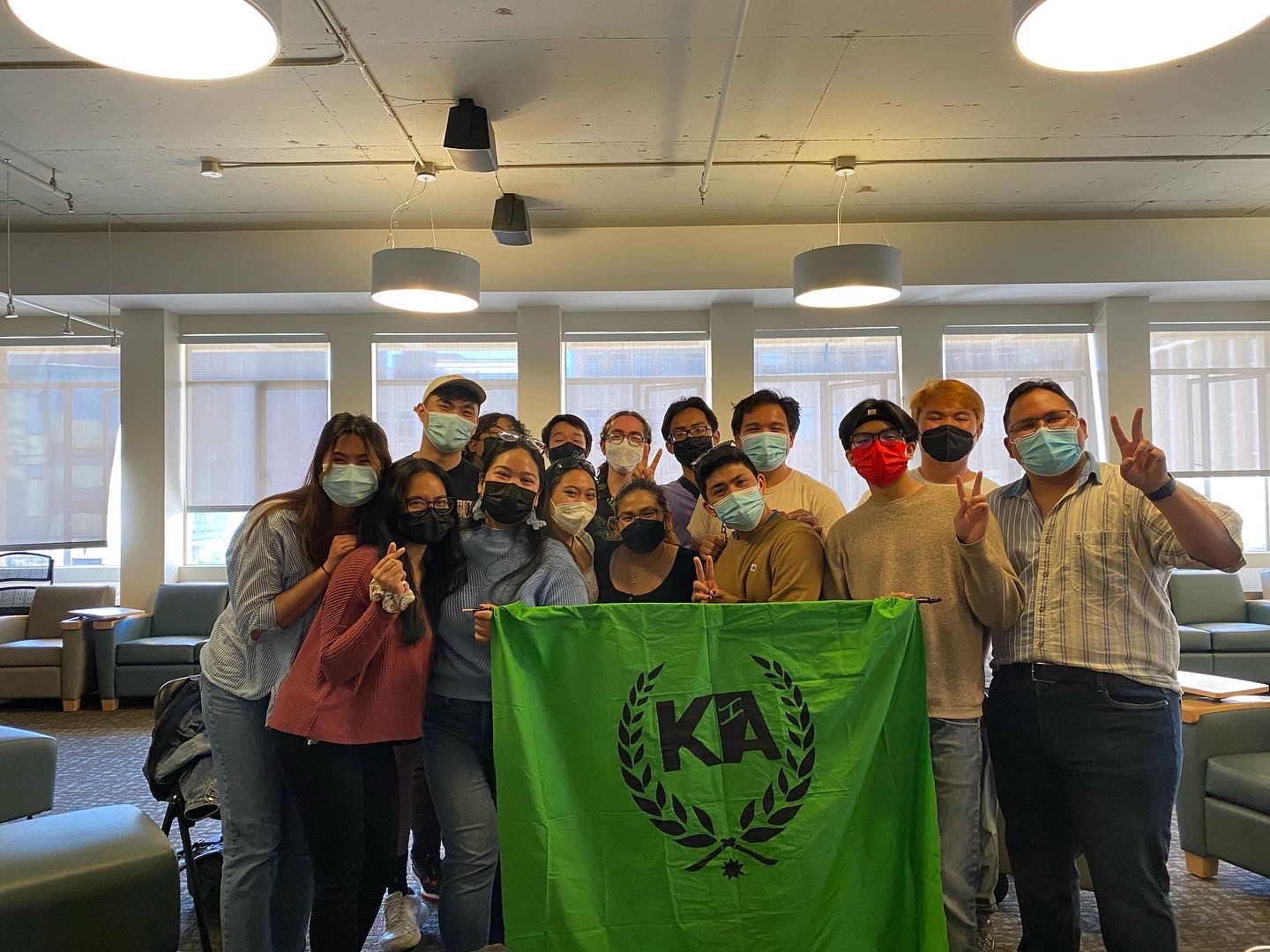For some Stanford students, spring break was an opportunity to travel with friends or return home. For others, the break served as an opportunity to learn about identity, arts and activism through an Alternative Spring Break (ASB) trip.
ASB trips are Stanford-funded experiences that expose students to “complex social and cultural issues through a unique experiential learning course,” according to the ASB website. The trips, most of which required students to take a course facilitated by the trips’ leaders during winter quarter, covered topics such as “Pilipinx Issues” and “The Soul of the City: Music and Organizing in Chicago.”
Robert Castaneros ’24 served as co-leader for the “Pilipinx Issues” trip, one year after first encountering the program during his frosh year, when it was held virtually.
Castaneros said that he felt he had a unique responsibility to lead a program covering important questions of personal identity.
“If it did not exist at Stanford, then there would be no formalized space for students to learn about the Filipino-American experience,” he said.
While the winter quarter courses focused primarily on Filipino history and structures of oppression, Castaneros said that the trip provided an opportunity to see “the resistance that Filipino-American people in the United States are able to display.”
The trip included visits to various Filipino community organizations in the Bay Area, including the Parangal Dance Company, which, according to Castaneros, works to “preserve Philippine Indigenous dance.” There, the group was able to learn and participate in two Indigenous dances with the company.
On the final day of the trip, the group visited the Filipino supermarket Seafood City, where participants handed out fliers advocating for the Philippine Human Rights Act. The flyering was done in conjunction with a non-profit called The Malaya Movement, and reminded Castaneros about what he hopes to give back to the Stanford community: the opportunity to engage more people with Filipino activism.
Anastacia Del Rio ’25 participated in “The Soul of the City: Music and Organizing in Chicago” trip, which aimed to examine music and activism in Chicago.
Though the trip ended up taking place in Oakland and San Francisco instead of Chicago, Del Rio described the transition as “pretty good,” due to the cities’ shared history of “grassroots organizing,” particularly the social justice political party the Black Panthers.
“I was really fascinated by the intersection of music and activism, and more broadly how [art] can really involve local communities and have a really big impact, especially in low-income communities,” Del Rio said.
A highlight for Del Rio was getting to know fellow trip members, whom she felt all melded well together.
“I feel like this trip is a really good way to form meaningful connections with people that I may not have ever met before,” she said.
By bringing participants together, the program not only succeeded in enhancing students’ social experience, but also their educational one. The “Pilipinx Issues” trip solidified “the importance of sharing collective knowledge to everyone,” according to Jonathan Laxamana ’24, who co-led the trip with Castaneros.
“Every student [should be] exposed to the communities that they’re learning about in classes.”
Laxamana said that after hearing from Filipino community members during the trip, he was moved to ask his own parents about their migration story.
“They started telling me [their] big story and it was a very emotional [experience],” Laxamana said. “I think that speaks to the power of trips like these, to expose students to these issues firsthand, and to meet the people that we are organizing for.”
The organizational aspects of the trip were a point of frustration for Laxamana, however. As leaders of the trip, Laxamana and Castaneros would frequently discuss how they “expected to feel way more supported by the Haas Center.”
“I remember feeling like we’re basically on our own,” Laxamana said.
Instead of being provided with funds to offset some of the trip’s costs ahead of time, Laxamana and Castaneros were expected to pay for costs themselves in hopes of later reimbursement.
According to Allen Yang Huang M.A. ’22, the financial officer for ASB, “The Haas Center does not provide funding for ASB, as our funding comes from ASSU annual grants.”
Rather, trip leaders explained their expected need for funding and “the ASSU then issued advance payment checks for each trip based on the finalized budgets during finals week,” according to Huang.
If trips went over their anticipated budget, trip leaders “had to pay for the excess costs up front to receive reimbursement later,” Huang wrote.
Ayush Pandit ’22 also confronted organizational challenges when co-leading the “The Soul of the City: Music and Organizing in Chicago” ASB trip. He first took the trip during his frosh year, and he described it as “an incredible time” thanks to the friends he made and “just learn[ing] more about the city.”
Throughout the quarter, “uncertainty in various forms continued until literally the week before the trip,” according to Pandit. This included University announcements that the trip could not take place, before switching to the requirement that it occur within a 250-mile radius of campus.
“During that entire time, [we were] constantly changing plans, trying to revise our itinerary, trying to do everything we could to make sure that some sort of an in-person trip could happen, while at the same time not knowing whether anything was gonna happen,” Pandit said.
The adjustments to the travel policy also complicated the reimbursement process, Huang said, noting that the changes “led to confusion among ASSU, OSE [Office of Student Engagement] and ASB that has since been resolved but has still caused delays in reimbursements.”
Despite the challenges of the trip, Pandit stated that he learned to “tak[e] in things as they come, and just embrace changes and appreciate what is, rather than what could have been.”
